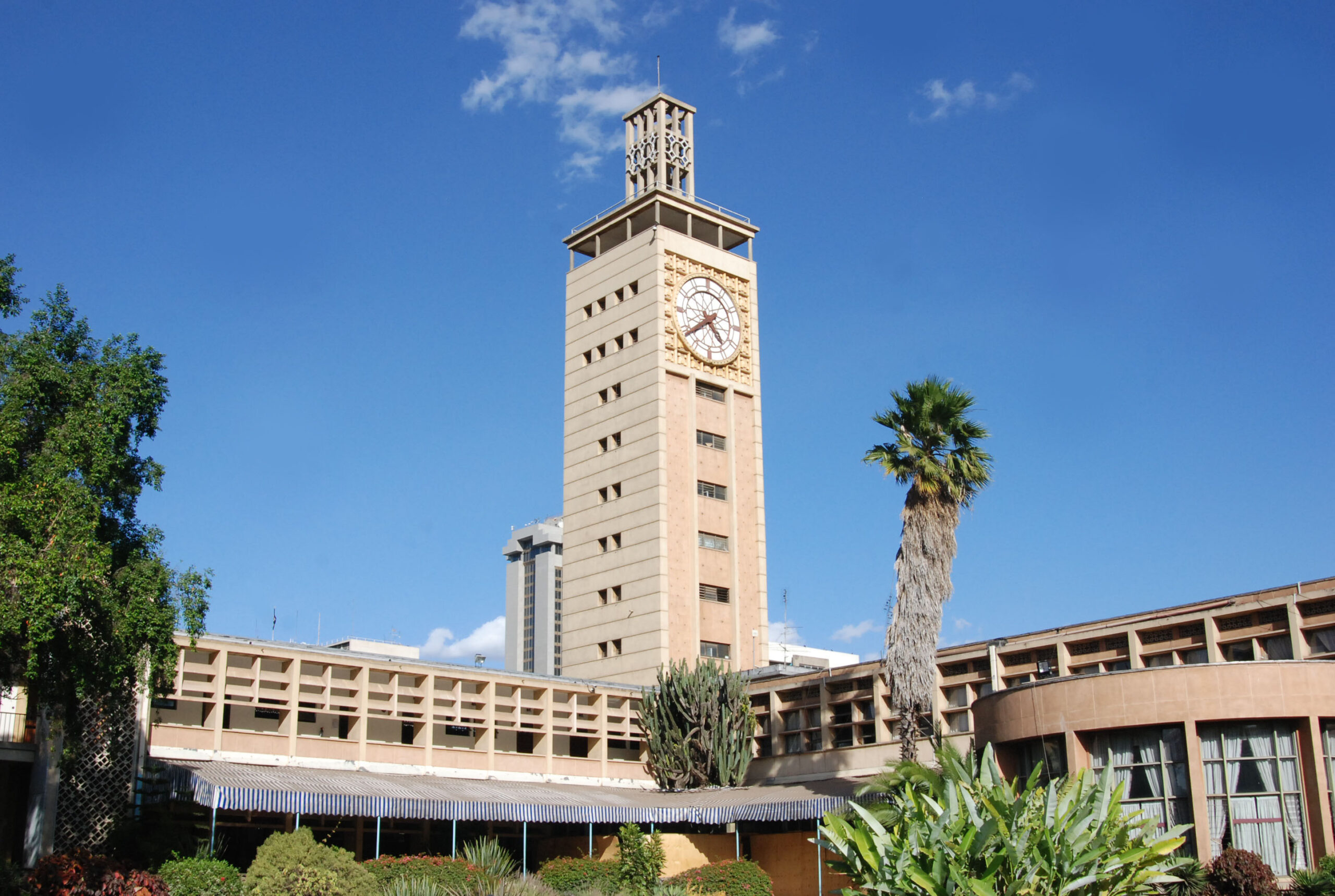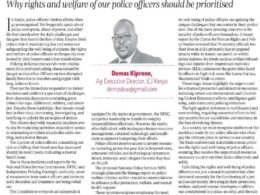KAMPALA,Uganda, – The International Commission of Jurists, Kenyan Section has been at the forefront of National, Regional and Global campaigns calling for the decriminalization and reclassification of petty offences.
Under the banner of, ‘Poverty is Not a Crime’, ICJ Kenya has consistently advocated and championed for legislations that decriminalizes certain forms of conduct while also ensuring that unnecessary criminal provisions are not added to general legislation.
During the Regional Conference on the Rights of Women in the Criminal Justice Sector held in Kampala Uganda, ICJ Kenya Programme Manager Julie Wayua Matheka shared a Comparative Jurisprudence,Lessons from Kenya with stakeholders from Africa on why it is imperative to decriminalize petty offences.
“The closest definition of a petty offence in Kenya is provided under Article 49 (2) of the Constitution of Kenya which categorises petty offences by implication and provides that,a person shall not be remanded in custody for an offence if the offence is punishable by a fine only or by imprisonment for not more than 6 months.” said Matheka.
What Are Petty Offences?
The African Commission on Human and Peoples Rights Principles on the Decriminalization and Declassification of Petty Offences defines a petty offence as: “Minor offences for which the punishment is prescribed by law as a warning, community service, a low value fine or short-term imprisonment often for the failure to pay the fine.”
Examples of petty offences include, being a rogue and vagabond, being an idle or disorderly person, loitering, begging, being a vagrant, failure to pay debts, being a common nuisance, offences created through by-laws aimed at controlling public nuisances on public roads and in public places such as urinating in public and washing clothes in public, and laws criminalising informal commercial activities, such as hawking and vending.
The Criminal Justice system in Kenya has been accused of holding on to vestiges of colonial times with punitive sentencing for petty offenses often meted out on the poor and vulnerable within society especially the youth and women.
Matheka who presented a situational analysis in Kenya according to the Audit report on the Criminal Justice System 2017, said that 70 per cent of the offenses that are processed in the Criminal Justice System are petty offenses relating to lack of business licenses, being drunk and disorderly and creating disturbance.
A further 68 per cent of arrests and detention are for petty offences and the majority of said offenders are underprivileged.
Women in Kenyan Prisons
In Kenya, female offenders made up to 18 per cent of the prison population annually, steadily increasing to 7,255 between 2004 and 2012. Studies in 2022 state that convicted female prisoners in Kenya have decreased steadily from 12,348 in 2015 to 3,699 in 2020, thus accounting for 13 per cent of the total prison population.
“Women in Kenya have been arrested and charged with other petty offences such as loitering with intent to commit prostitution, child neglect, hawking, littering, and obtaining money by false pretences. In terms of the offences that most women commit in Kenya, available results indicate that out of the 8,004 convicted women incarcerated in Kenya in 2017, a significant majority (5,145 or 63 per cent) were charged with alcohol-related offences,” noted Matheka.
Equally important are 2018 results, which reveal that a large majority (72 per cent) of convicted female prisoners in Kenya were sentenced to prison terms of between one month and two years.
As a result of this, these punitive measures have led to heavy enforcement and overuse of custodial measures, over-stretching of State resources during the prosecution process ,overcrowding in detention facilities and Sexual and Gender-Based Violence by criminal justice actors- particularly the Police and the Local County Enforcement Agencies.
The haphazard nature of the arrest of women petty offenders often leads to the separation of women from their children and Women are often subjected to cruel, inhuman and degrading treatment such as beatings, kicking and stabbings. Further,lack of adequate menstrual products in most remand centers. susceptibility to harassment and extortion by arresting officers leading to corruption within the criminal justice sector as some of the concerns for women petty offender.
“In 2023, the National Criminal Justice Committee presented the draft amendments to the Penal Code Cap 63 and the Criminal Procedure Code to the National Assembly for consideration.The Bill proposes to decriminalise numerous Sections under the Penal Code, including Section 182 that criminalises being Idle and Disorderly,”











